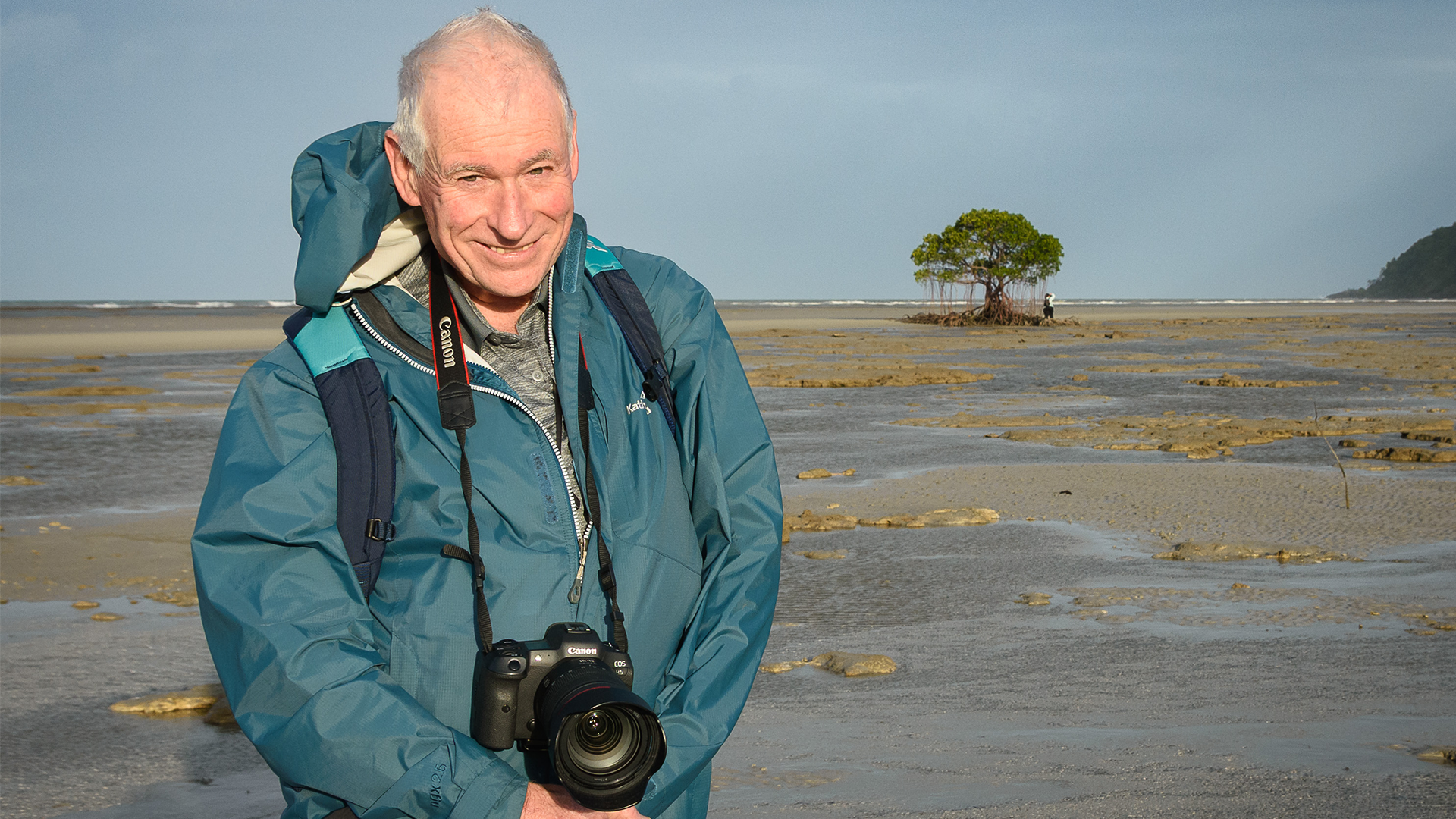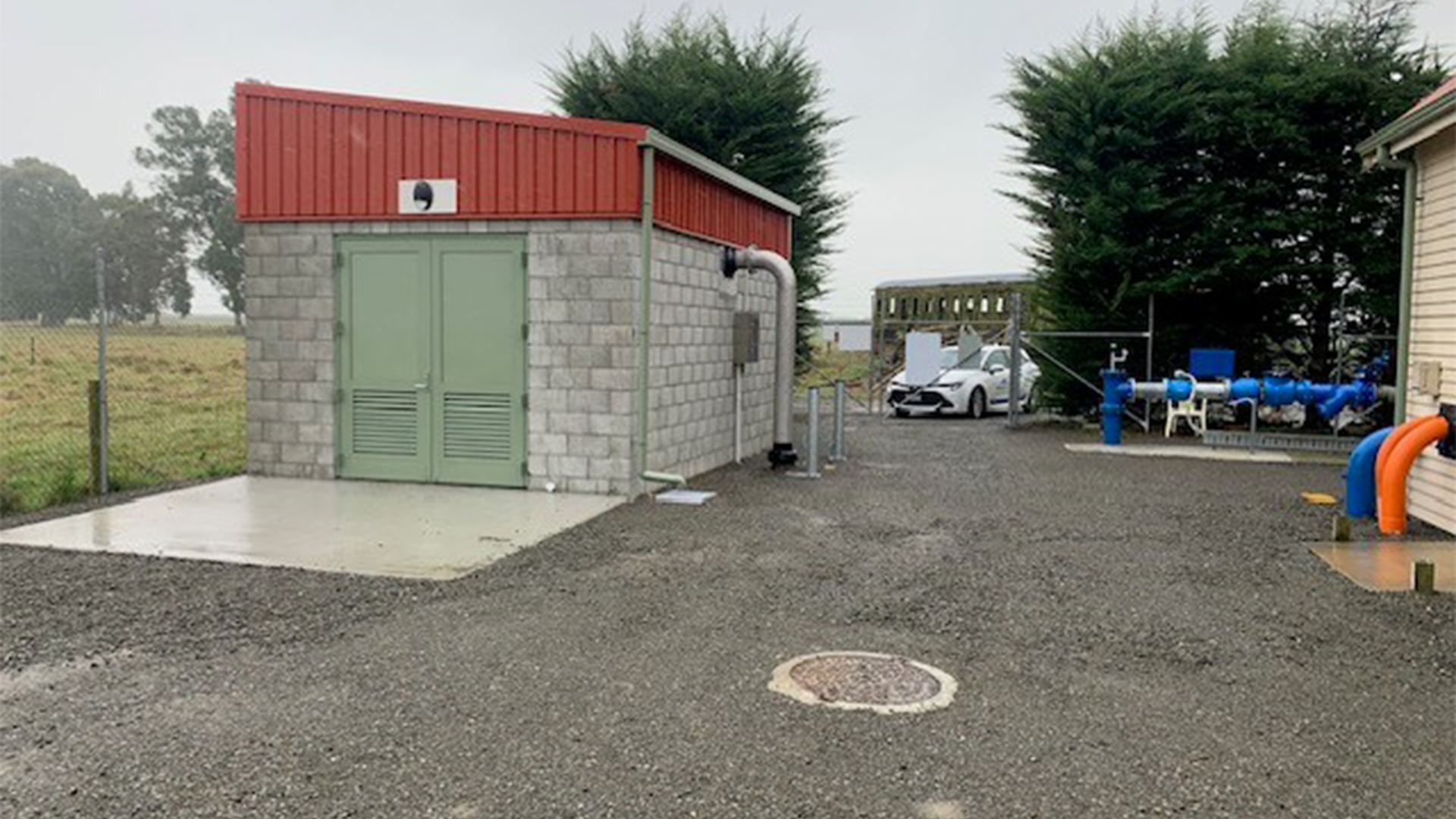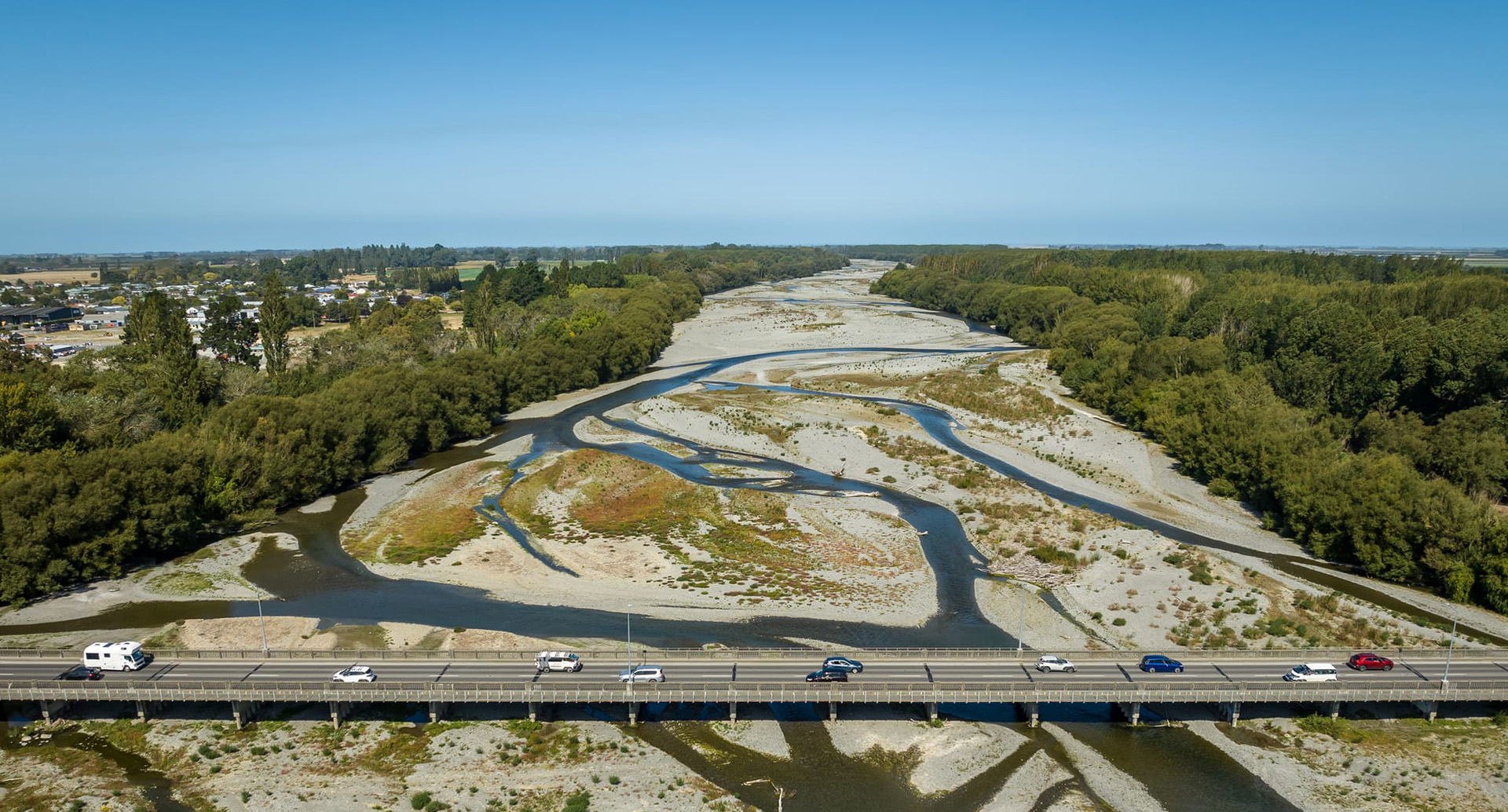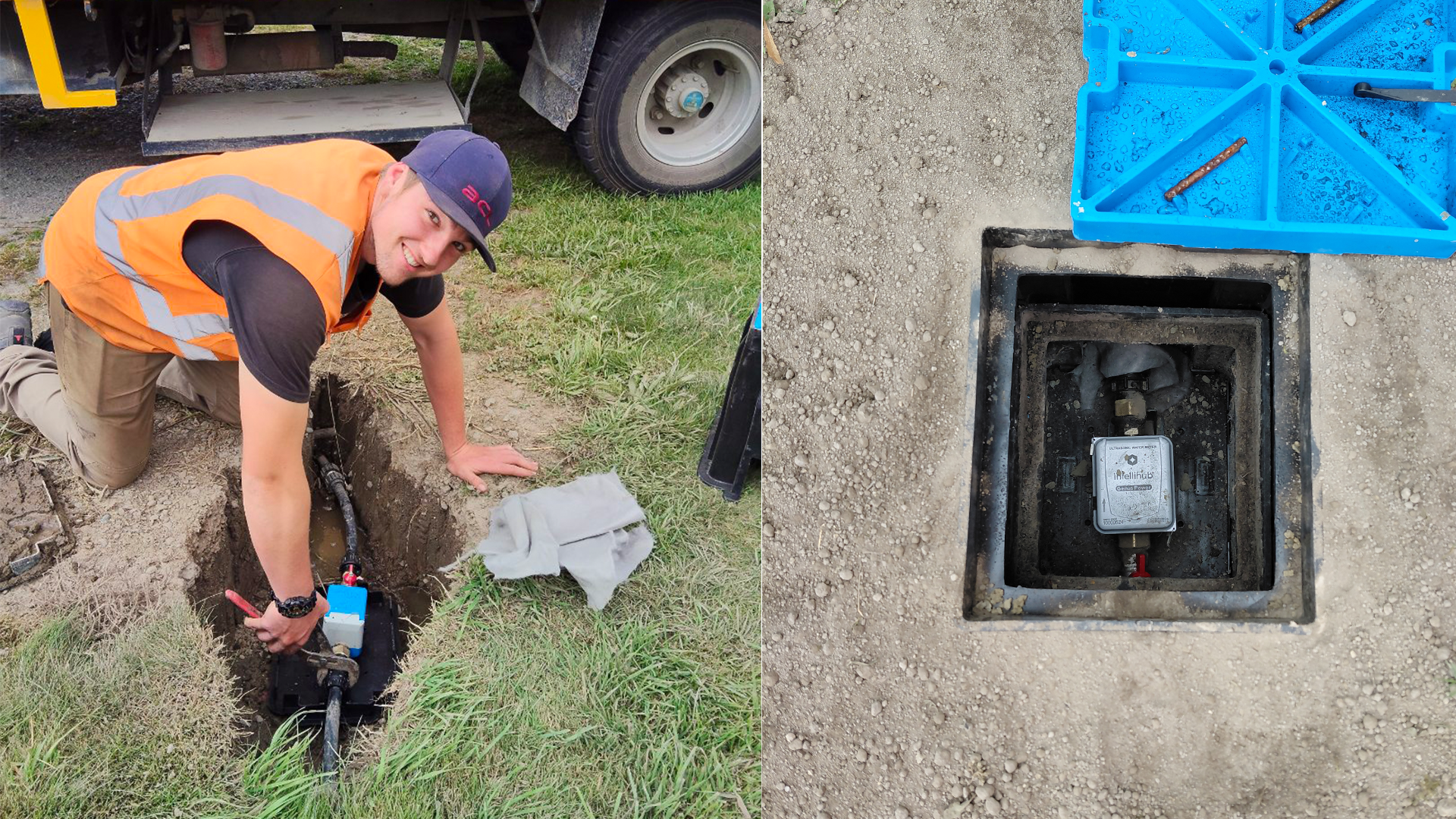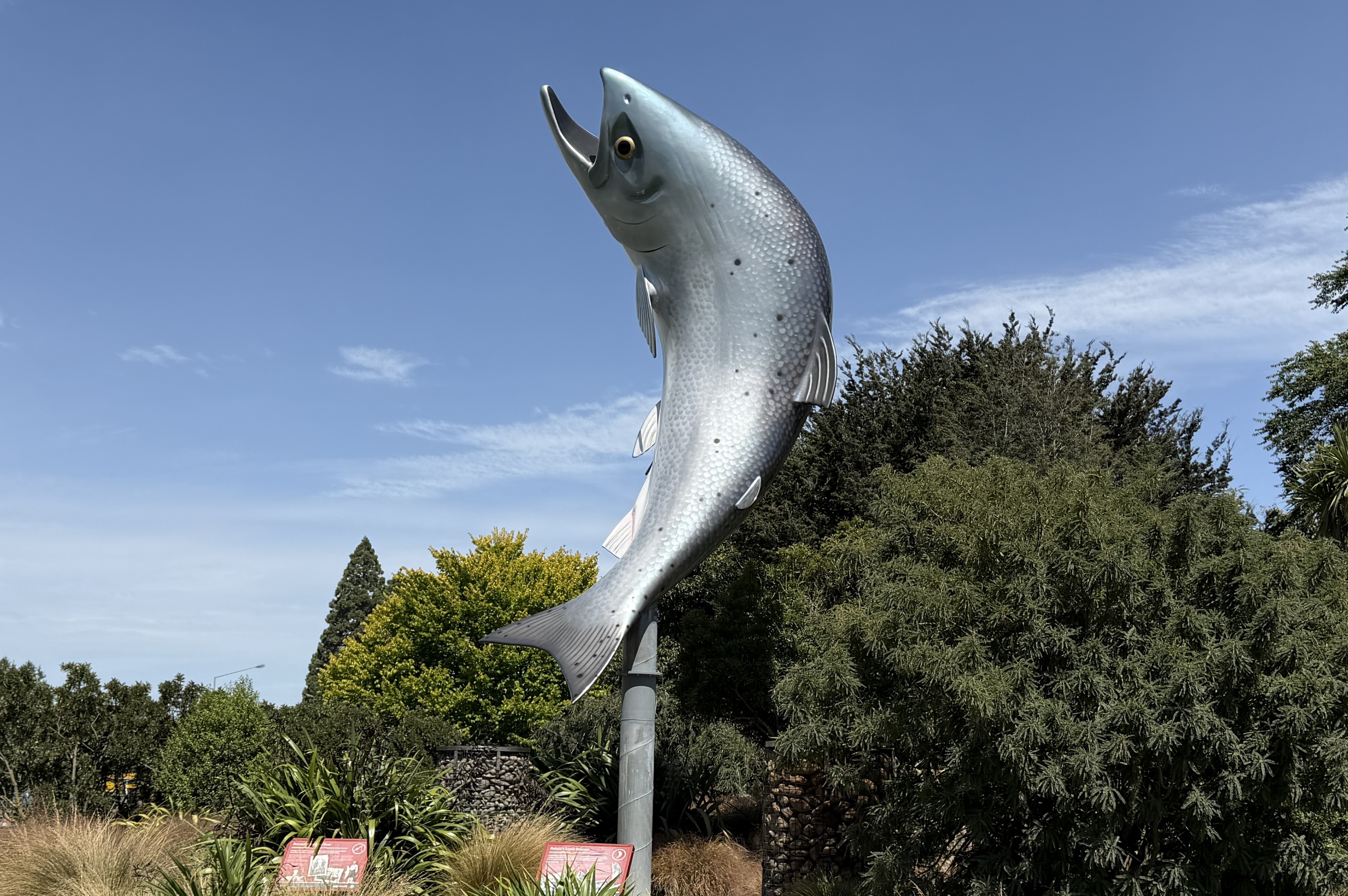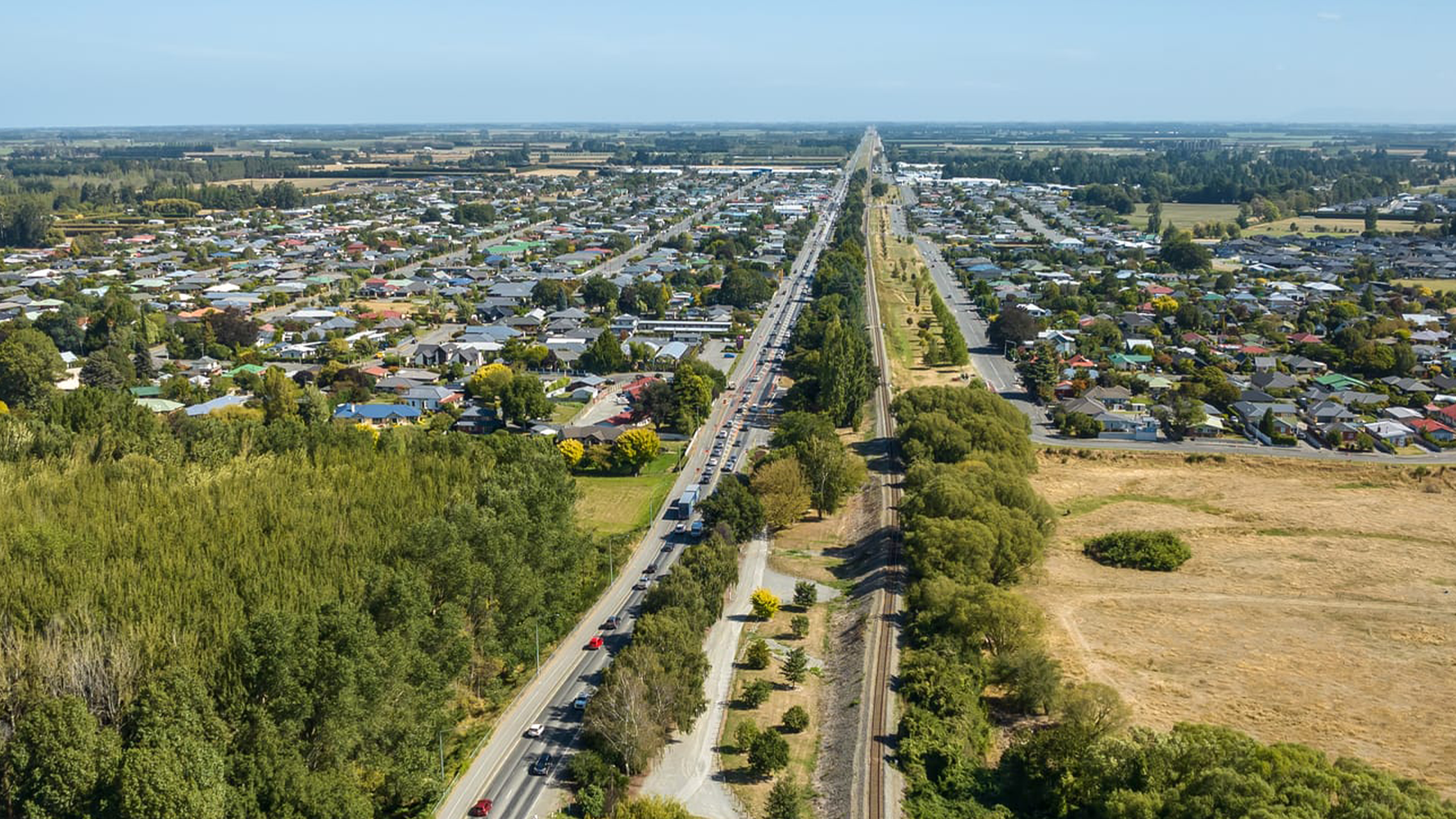Ashburton Lakes community planting day planned for 8 October: Join us

Native planting to replace previously removed wilding conifers (Pinus contorta) will be the focus of a community biodiversity day at Lakes Camp and Clearwater on Saturday 8 October 2022.
Council’s biodiversity team has been working to stop the unwanted pest trees from invading the Hakatere Conservation Area and is returning to the lakes to continue the work.
Members of the community are also welcome to join in the important project – there are about 2000 native plants and grasses to go into the ground on 8 October, so helpers will be most welcome.
Community Services Group Manager Steve Fabish said previous work had been removing Pinus contorta from around the camping ground and shelter belt, as part of the wider Environment Canterbury regional pest management plan, the Ministry of Primary Industry’s wilding conifer programme and Council’s own Lake Camp/Clearwater landscape management plan. The project has been largely funded as a joint venture.
Pinus Contorta was declared a pest organism in ECan’s pest management plan in 2011 and is currently being managed using a progressive containment programme.
“Progressive containment means established pests are stopped from spreading and are contained in a certain area. Other wilding conifers in this category includes Scots Pine, Pinus sylvestris, Radiata pine, Pinus radiata, Corsican pine Pinus nigra, and several others.”
Wilding conifers are self-seeded, establish faster and outcompete low-stature native plants, and Council has been working with volunteers, including hut holders at Lake Clearwater and Forest & Bird, every year to remove the wildings and prevent them from colonising the conservation area. The seed can travel several kilometres by wind and can grow quickly into dense and impenetrable wilding forest, which severely alters natural landscapes.
“This project is now being followed up with restoration planting using native trees to re-establish the shelter trees,” Mr Fabish said.
“Future planting around the lakes and other Rural C Zones will focus more on native trees, rather than exotic species,” he said. Preferred native plant are those that are already in existence around the lakes and include mountain beech, totara, porcupine shrub, kanuka and some coprosmas.
Mr Fabish said that eliminating the seed source through ongoing pine removal, followed by replanting would ensure that the effort of these volunteers would not be in vain.
“We will also work to ensure the sites continue to be an attractive destination for campers and other tourists.”
If you want to take part in our community biodiversity day on 8 October and in future native planting around the Lakes Camp and Clearwater, please email biodiversity@adc.govt.nz or call the Council on 03 307-7700. For 8 October, please bring appropriate footwear (hiking boots preferred), gloves and a lopper/spade if you have one; the health and safety briefing will be at 8.30am at the Lake Camp toilet block.
If you need some general advice about managing biodiversity around your land area or are unsure of what to plant in a Rural Zone C area, please email biodiversity@adc.govt.nz or call the Council on 03 307-7700.
Share this article
Latest News
Need tips from a pro for our heritage photo competition?
Watching brief on Tinwald bore
Cr Deb Gilkison: What surprised me most about joining Council
Second Ashburton Bridge: Update 18 February 2026
Council to install flow meters on Rakaia watermains
Road Closures
RAILWAY TERRACE WEST
from 23 Feb 7:00 to 27 Feb 17:00
RACECOURSE ROAD (ONE-WAY)
from 25 Feb 19:00 to 26 Feb 6:00
SAUNDERS ROAD
from 23 Feb 19:00 to 24 Feb 6:00
CATHERINE STREET
from 16 Feb 7:00 to 20 Mar 17:00
UPPER DOWNS ROAD
from 28 Feb 8:00 to 28 Feb 17:00
View all Road Closures | Live map
